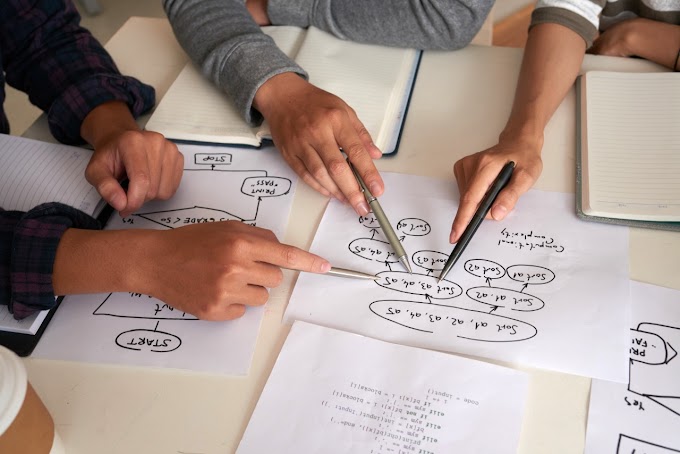Engineering is a field that demands a strong theoretical foundation, but it is also a discipline that is inherently practical. Theoretical knowledge alone cannot prepare you to be an effective engineer. In order to succeed in this field, you need to have practical skills and experience. That's why hands-on learning is so important in engineering education.

Hands-on learning, also known as experiential learning, is a type of education that emphasizes practical, real-world experience. It involves learning by doing, rather than just reading or hearing about a topic. Hands-on learning allows students to actively engage with the subject matter, to make mistakes and learn from them, and to gain a deeper understanding of how things work.
There are several reasons why hands-on learning is particularly important in engineering education:
It prepares students for the real world
Engineering is a field that is all about problem-solving. In the real world, engineers are faced with complex problems that require creative solutions. Hands-on learning prepares students to tackle these challenges by giving them experience with real-world problems.
It helps students retain information
Studies have shown that students retain information better when they are actively engaged in the learning process. Hands-on learning allows students to connect theory to practice and to see the real-world applications of what they are learning.
It promotes teamwork and collaboration
Engineering is a highly collaborative field. Hands-on learning often involves group work, which helps students develop teamwork and collaboration skills. This is important because engineering projects are typically too complex for one person to tackle alone.
It fosters innovation
Hands-on learning encourages students to be innovative and to think outside the box. By experimenting and trying new things, students can develop creative solutions to engineering problems.
At KKW, we believe in the importance of hands-on learning. That's why our engineering program includes a range of experiential learning opportunities, such as internships, co-op programs, and hands-on projects. Our students have access to state-of-the-art facilities and equipment, and they work closely with experienced faculty members who are passionate about teaching and mentoring.
If you're interested in pursuing a career in engineering, we invite you to consider KKW. With our hands-on approach to learning, you'll gain the skills and experience you need to succeed in this exciting and rewarding field.
If you enjoyed this blog, then share it with your friends.
To know more, follow the below links:






0 Comments